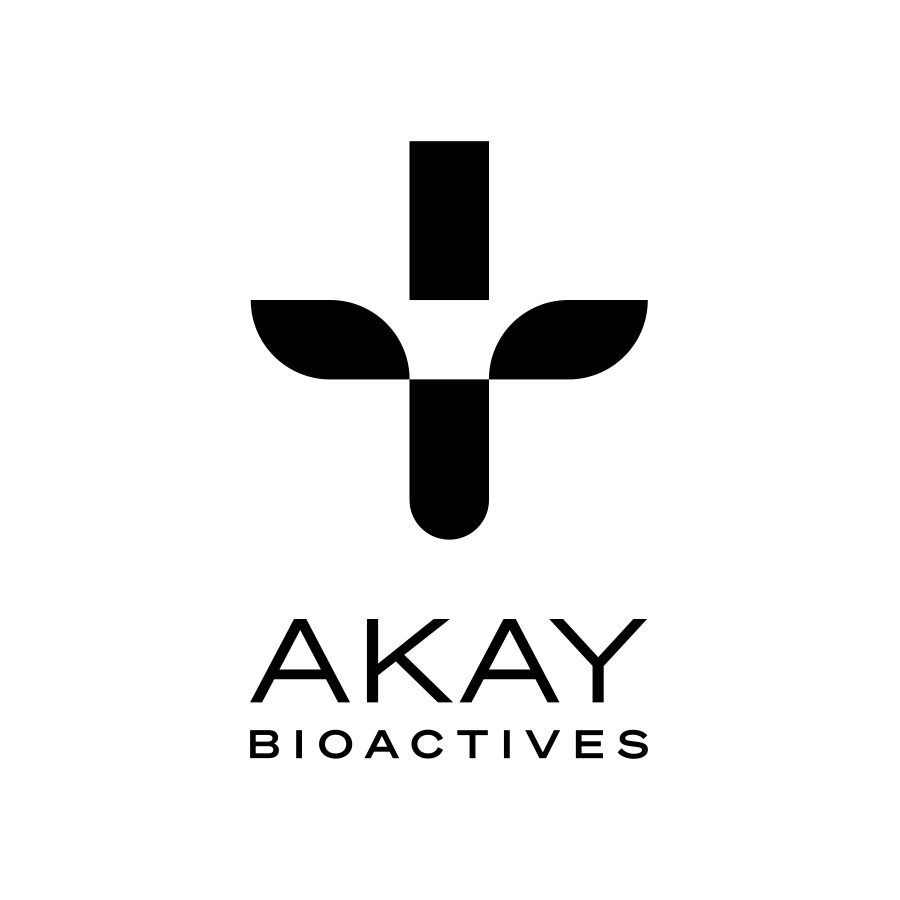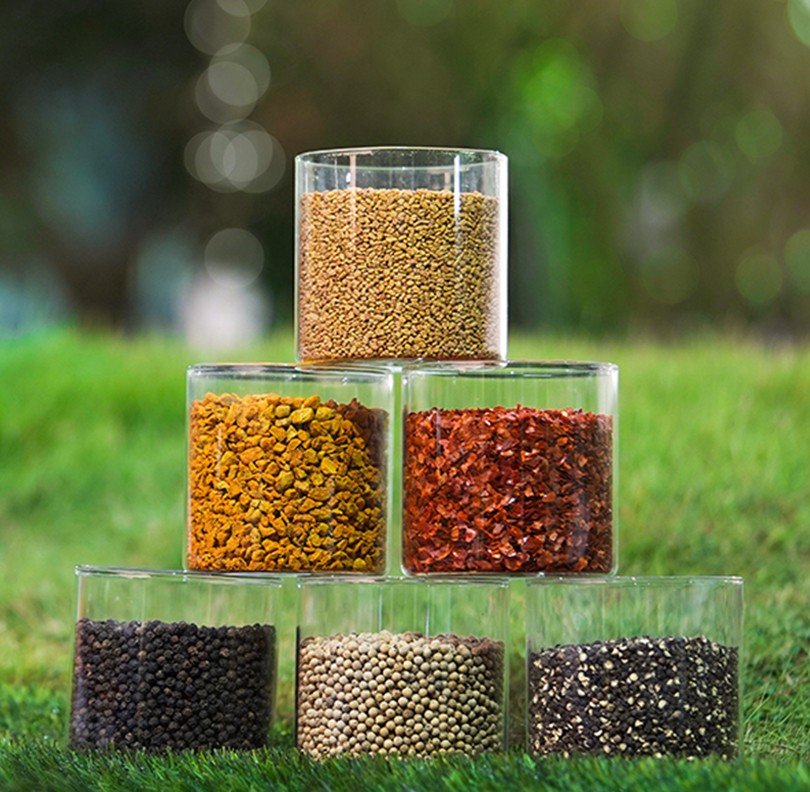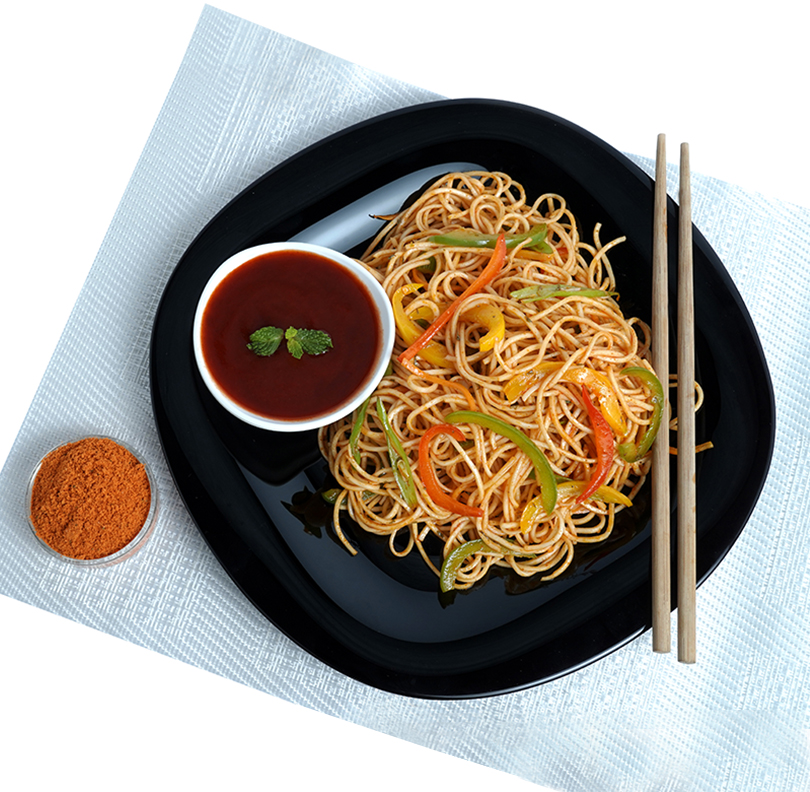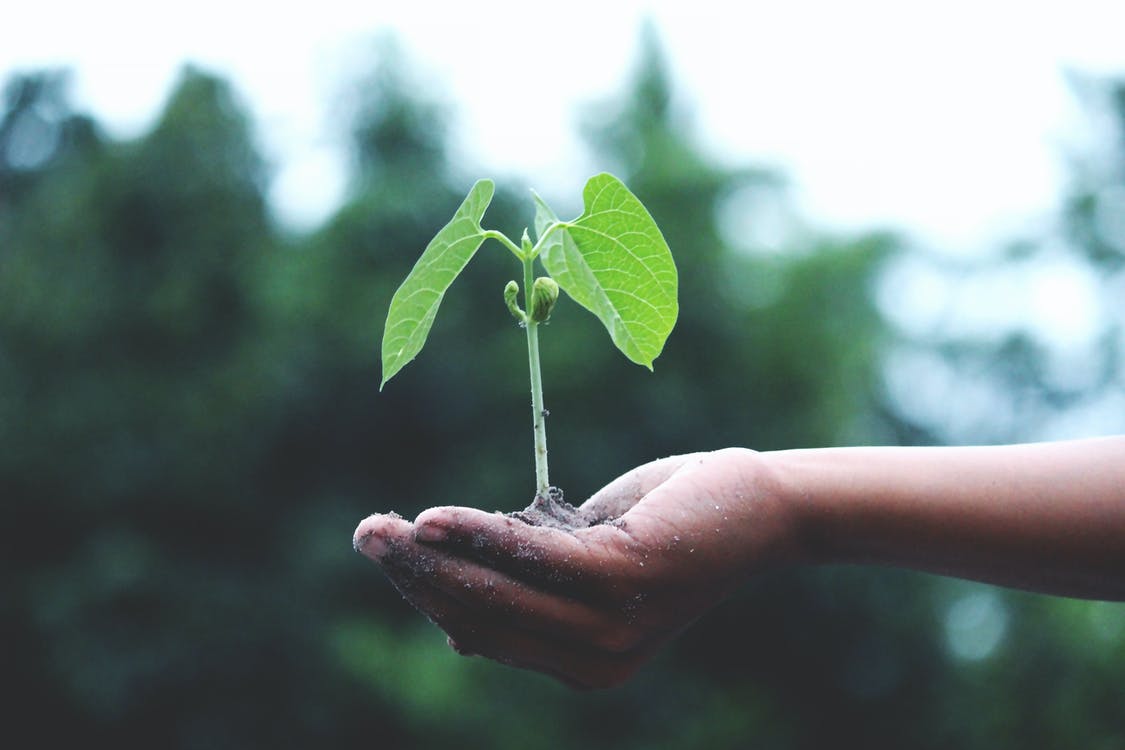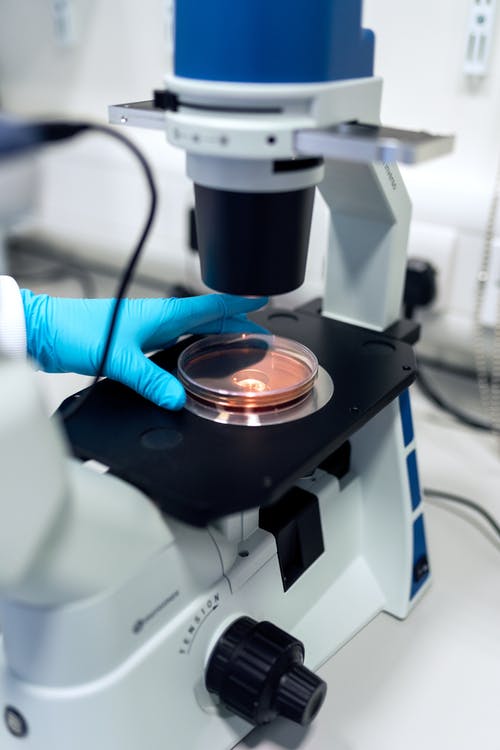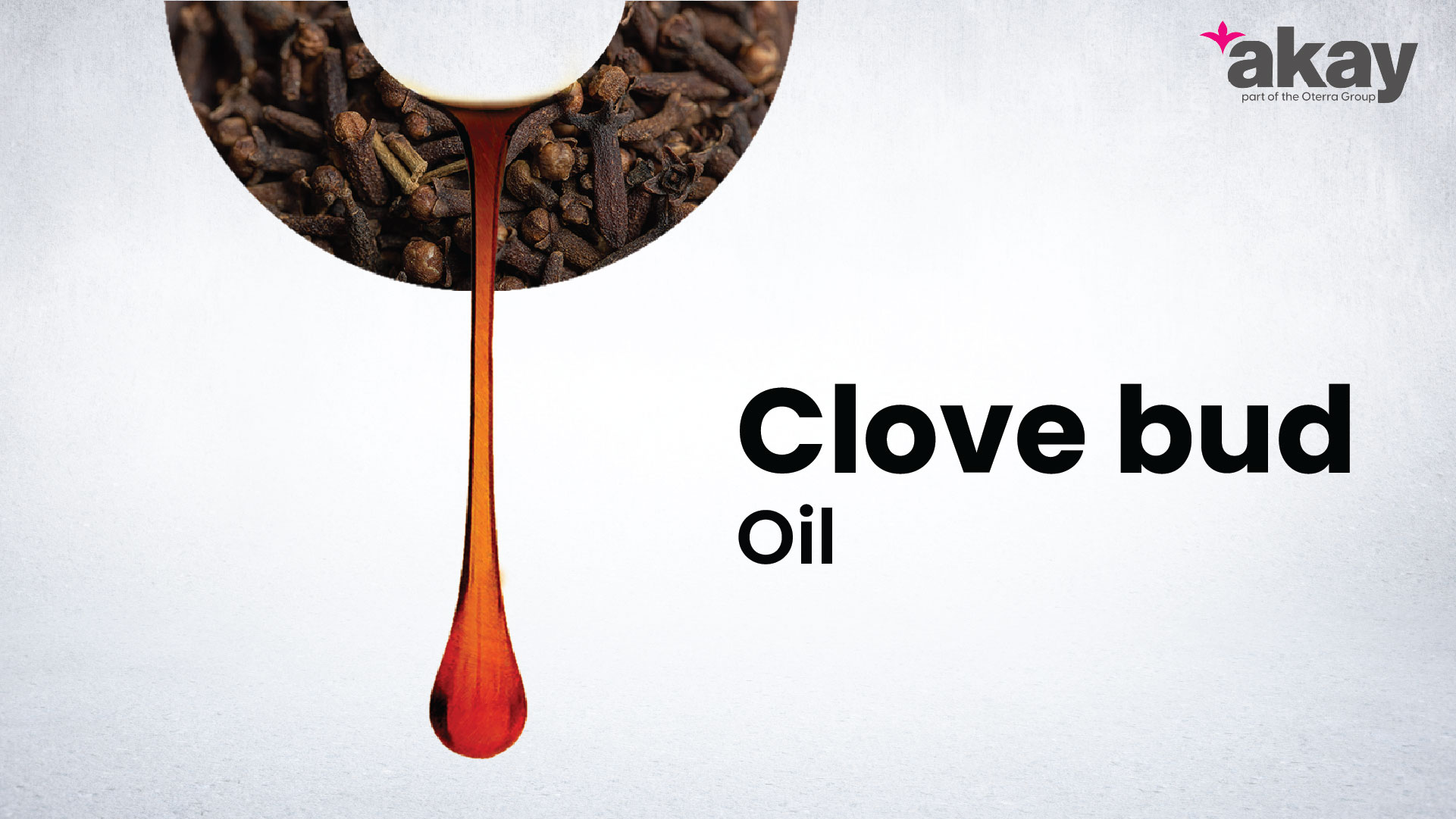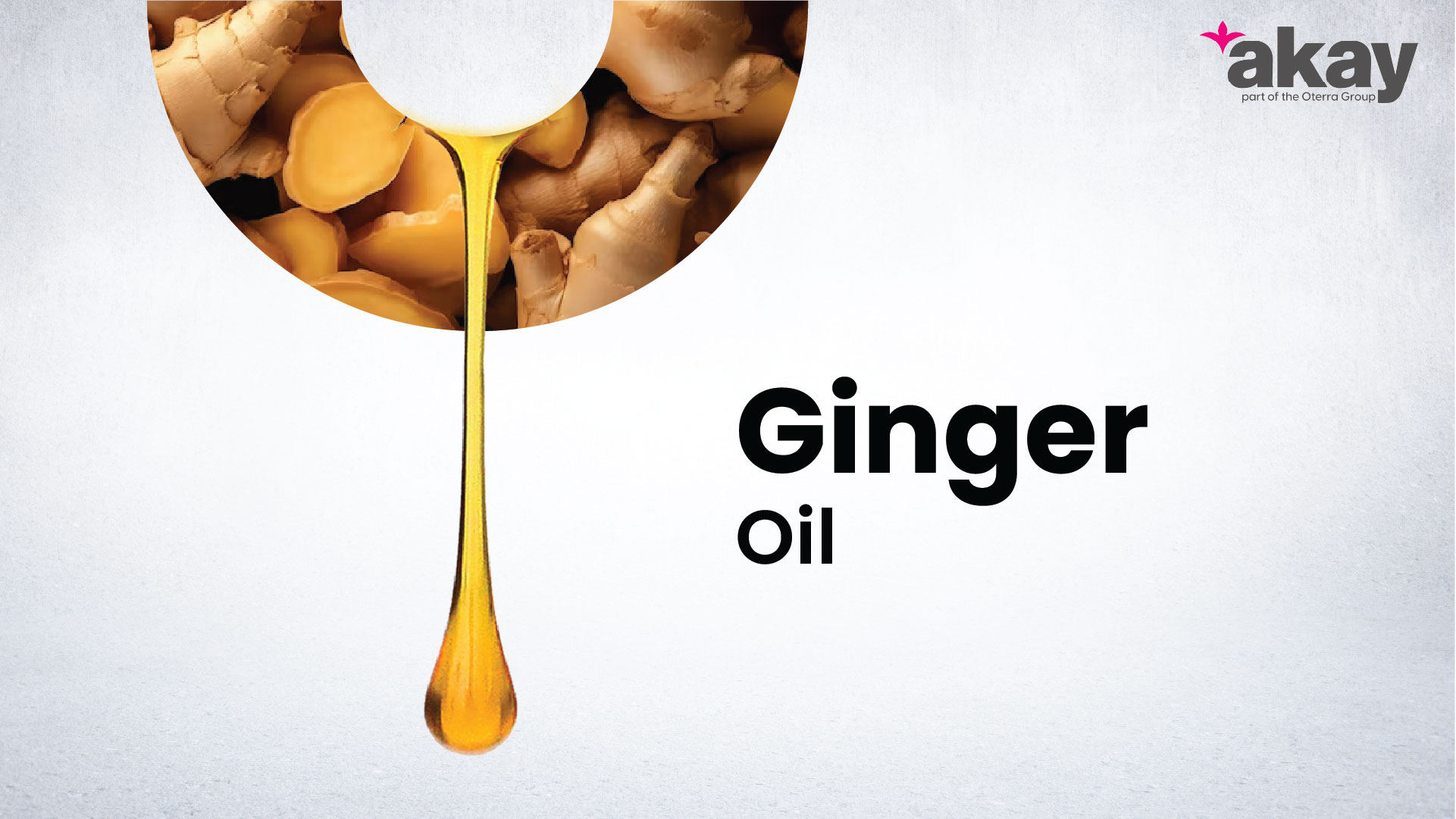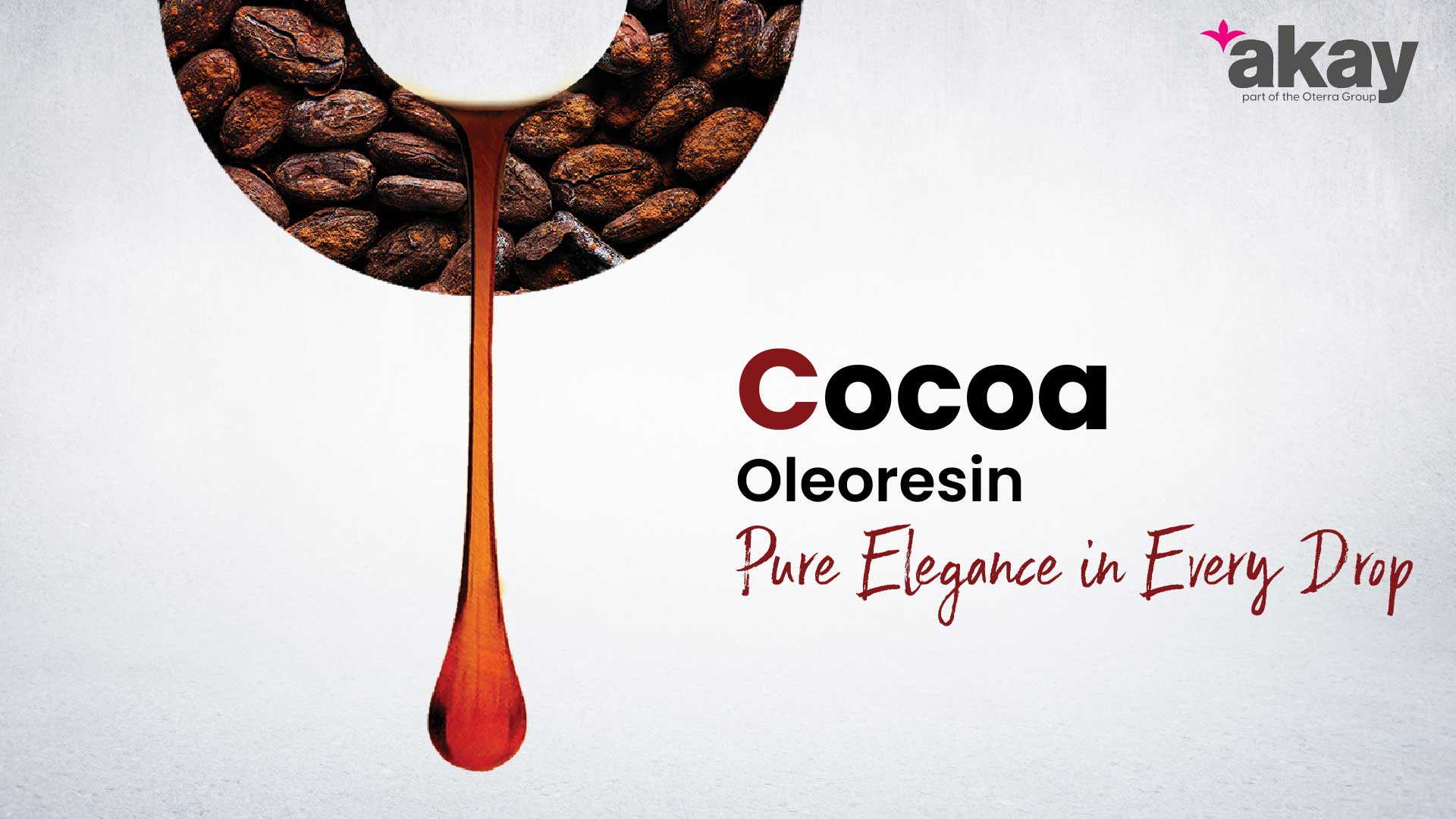AshwaBEST ™ - Rejuvenate with the King of herbs
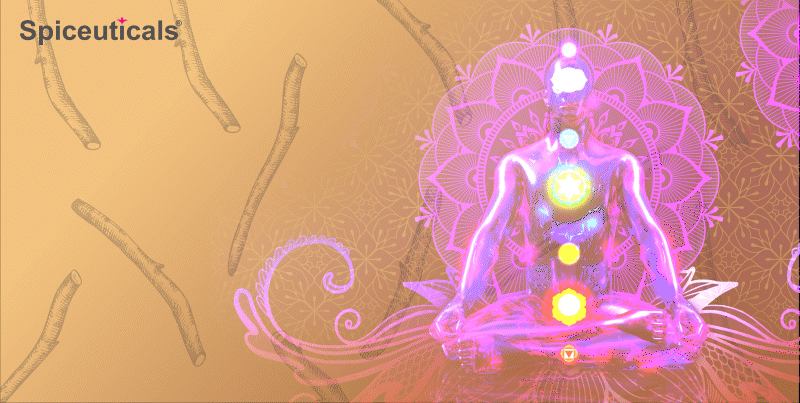
Withania somnifera L.Dunal aka Ashwagandha holds a special place in the Indian traditional system of healing similar to that of ginseng in Chinese medicine. The very popular name “Indian ginseng” came from this comparison. It is reputed to be capable of imparting longevity, youthful vigour and intellectual prowess which made this miracle herb the most popular one in western countries.
The name Ashwagandha comes from the smell of horses, which the root emits and the botanical suffix somnifera from the somniferine, a bitter alkaloid presents in the roots with hypnotic activity. It also possesses Sanskrit names like balada (which imparts strength), putrada (which increase valor and vigour), vrushya (aphrodisiac) and maruthaghni (alleviates nervous system disorders). These synonyms are indirectly light up the therapeutic action of this powerful herb. It has been recorded in the classics as a cardiac tonic and is also useful in various respiratory ailments. For insomnia, the roots are administrated along with milk and it also works as a good diuretic agent. Other pharmacological actions are varied from anti-inflammatory, anti-arthritic, anti-diabetic, anxiolytic, nootropic and anti-cancerous agents etc.
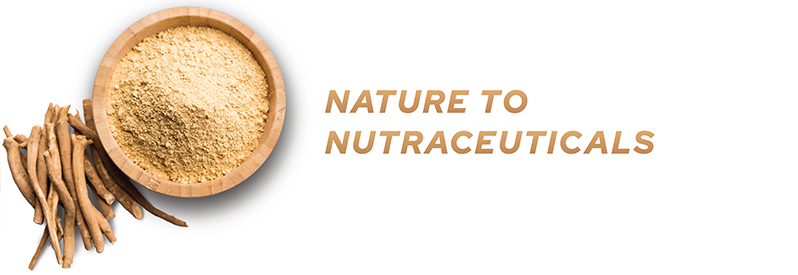
Scope in Nutraceuticals
- Memory and cognition
- Stress, anxiety and sleep
- Sport function and endurance
- Sexual performance
- Women health
- Weight management
- Immuno-modulator
The major biomolecules are steroid lactones like Withanolides A-Y, dehydrowithanolide-R, withasomniferrin-A etc. Within the steroid lactones, withanolides are considered as the main secondary metabolite which is responsible for the multiple biological functions that have been attributed to Ashwagandha.
Akay is offering a wide range of ashwagandha extract combining modern science and traditional Ayurveda. AshwaBEST TM, the 100% root-only extract standardized to 1-10% withanolides using USP-HPLC method which meets the global standards caters for a wide range of applications.
Why AshwaBEST TM?
- Responsible selection of best roots directly from farmers
- Sustainable practices with more than 25 years of industry experience
- Full-scale traceability from farm to finished products
- Holistic extracts with HPTLC and HPLC profiles
- Correctly standardized 100% root-only extracts
- Authentic third-party validated USP-HPLC extracts
In addition to AshwaBEST TM, Akay is offering the following specifications:
- Solvent-free ashwagandha extract developed using proprietary Xteralute technology
- Ashwagandha root extract up to 5% withanolides by USP HPLC method
- Ashwagandha Root extract up to 20% withanolides by HPLC method
- Ashwagandha extract up to 10% withanolides by USP HPLC method
- Ashwagandha extract up to 30% withanolides by HPLC method
- Ashwagandha extract up to 50% withanolides by gravimetric method
- Completely water soluble ashwagandha extract
-Customizable particle size and solvent system available upon request
A recent meta-analysis study conducted in 2021 evaluating the effect of Ashwagandha on physical performance in healthy individuals showed that the supplementation was more efficacious than placebo for improving variables related to strength/power, cardiorespiratory fitness and fatigue/recovery in healthy individuals.
Another meta-analysis study conducted in the same year suggests that Ashwagandha has a beneficial effect in improving sleep in human volunteers. They also found that Ashwagandha supplementation improved mental alertness on rising and calms down the anxiety.
A PubMed published review article (2020) documented that various preclinical and clinical studies are highlighted the neuroprotective role of Ashwagandha against many neurodegenerative diseases including Alzheimer's, Huntington's and Parkinson's disease. The protective effects of Ashwagandha were accomplished by restoring mitochondrial and endothelial function, mitigation of apoptosis, inflammation and oxidative stress mechanisms. It is also seen to facilitate choline production in the body, which in turn influences key memory processes. As a GABA-mimetic agent, Ashwagandha can decrease the over-firing of neurons and increase the ability of the body to ignore distracting stimuli and improve executive function.
Ashwagandha is considered a natural adaptogen, which is believed to help the body to resist physical and mental stress. In a randomised, double-blinded clinical study involving sixty adults, Withania somnifera has been demonstrated to reduce stress significantly without any adverse events as compared to the placebo group. The stress-relieving effects were partly due to effects on the hypothalamus-pituitary-adrenal axis. There is evidence showing the role of Ashwagandha in suppressing stress-induced increase of dopamine receptors in the corpus striatum of the brain, plasma corticosterone and blood lactic acid.
References
- Bonilla, Diego A et al. 2021 “Effects of Ashwagandha (Withania somnifera) on Physical Performance: Systematic Review and Bayesian Meta-Analysis.” Journal of Functional morphology and kinesiology vol. 6,1 20.
- Cheah, Kae Ling et al. 2021“Effect of Ashwagandha (Withania somnifera) extract on sleep: A systematic review and meta-analysis.” PloS one vol. 16,9 e0257843.
- Dar, N. J., & MuzamilAhmad 2020. Neurodegenerative diseases and Withania somnifera (L.): An update. Journal of ethnopharmacology, 256, 112769.




